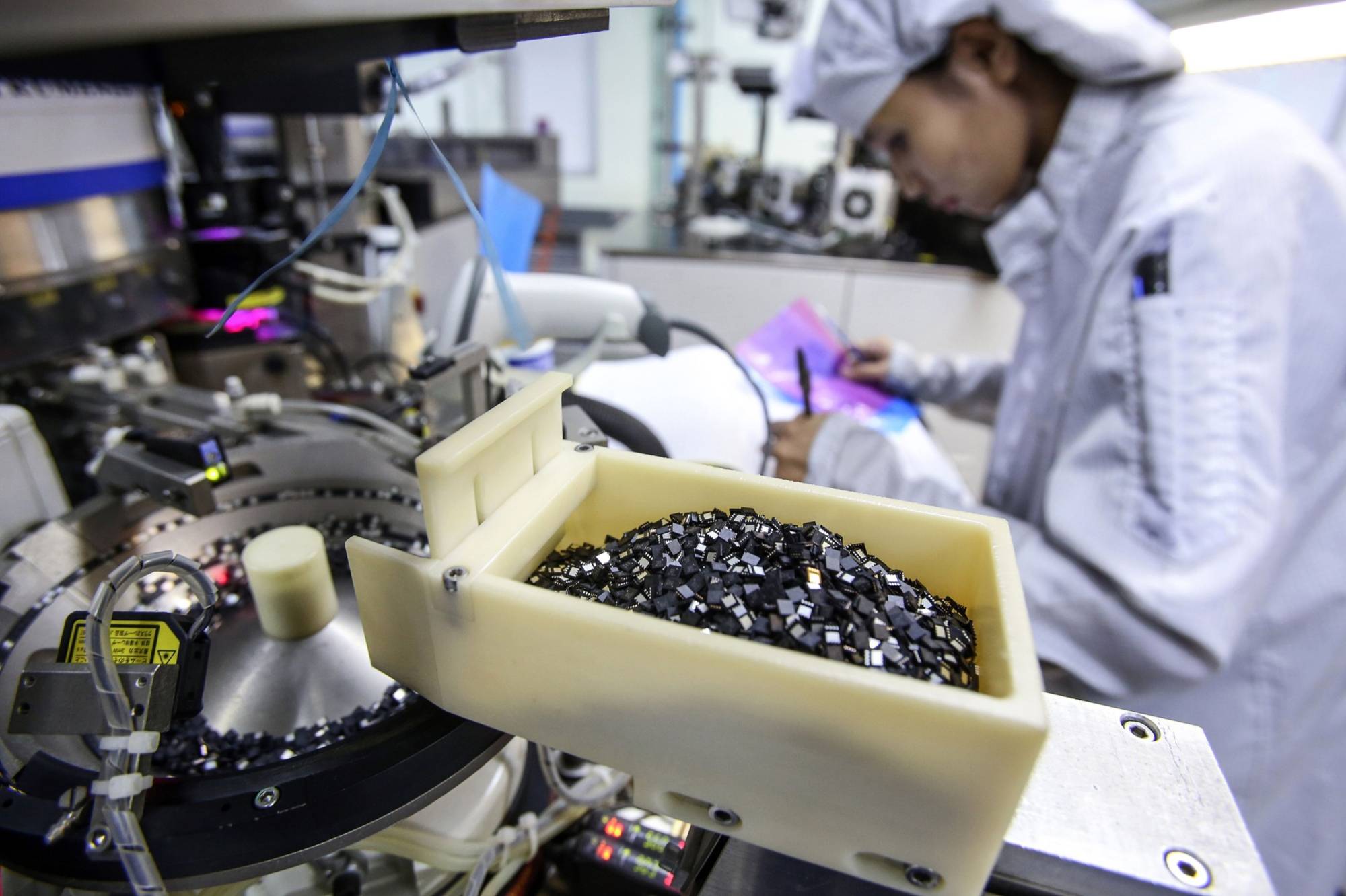Japan has announced that it will tighten export controls on 23 types of semiconductor manufacturing equipment to limit China’s access to advanced chipmaking machinery. While a Japanese government spokesperson has stated that the restrictions are not aimed at any specific nation, it is clear that Japan’s east Asian rival is among the countries on the restricted list. Companies like Nikon and Tokyo Electron will need approval from Japan’s trade ministry to sell their tools in around 160 territories worldwide, with the new rules taking effect in July.
The move by Japan follows similar export controls enacted by the US and Netherlands. Earlier this year, the three countries agreed to limit China’s access to western-made lithography machines. In March, the Netherlands restricted overseas sales of semiconductor technology in the interest of national security, affecting ASML, the only company in the world producing the extreme ultraviolet lithography (EUV) machines that chipmakers need to make the latest phones and computers.
Ministers from Japan have claimed to fulfil their responsibilities
While China has homegrown firms capable of making up for the shortfall its tech industry will experience from the lack of access to western-made lithography equipment, it may take some time before those companies match the capacity of their American, Japanese and European rivals. Shanghai Micro Electronics Equipment (SMEE), China’s only producer of lithography equipment, makes machines capable of printing 90nm node semiconductors. SMIC, the country’s leading semiconductor manufacturer, began volume production of 14nm chips last summer and started making 7nm chips without access to foreign-made equipment.

Yasutoshi Nishimura, Japan’s minister of economy, trade and industry, has stated that the country will fulfil its responsibilities in the international community as a technology-owning country and contribute to maintaining international peace and security. The restrictions aim to prevent the transfer of sensitive technologies that could be used for military purposes, including surveillance and weapons systems, to nations that could pose a security threat to Japan and other countries.
Demand for semiconductors continues to grow
The semiconductor industry is critical to the functioning of modern economies, with semiconductors used in everything from smartphones to cars and even military equipment. As semiconductor demand grows, access to advanced chipmaking technology becomes increasingly important. The restrictions on the export of semiconductor manufacturing equipment could have significant implications for China’s tech industry, which has rapidly expanded in recent years.
As countries become more reliant on technology, the control and regulation of that technology become a key factor in international relations. The semiconductor industry, in particular, has become a battleground for countries seeking to maintain their technological dominance in a rapidly changing world. The move by Japan, the US and the Netherlands is part of a broader trend of countries seeking to protect their national security interests by limiting the transfer of sensitive technologies to potential adversaries.


